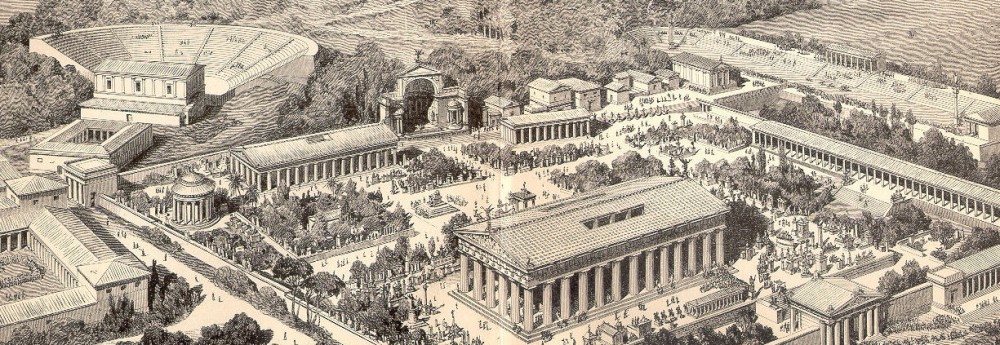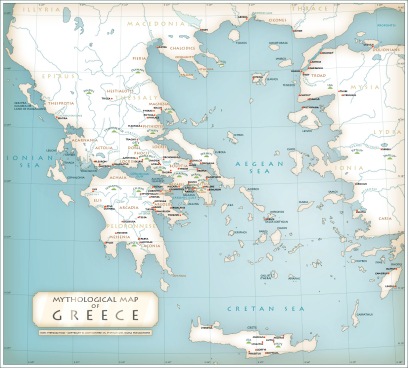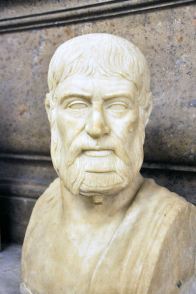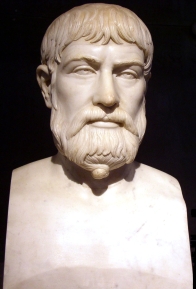“If you don’t know history, then you don’t know anything. You are a leaf that doesn’t know it is part of a tree.” – Michael Crichton
And so we have to cover a little ancient history. I’ll try to keep it brief.
History
Historical records can trace the first Olympic Games back to 776 BCE in Olympia, a sanctuary site for the Greek deities located near the towns of Elis and Pisa on the peninsula of Peloponnesos. The Games were held every four years (an olympiad) until 394 CE when the Roman emperor Theodosius I suppressed them as part of his campaign to make Christianity the state religion of Rome.
The Olympic Games were just one of the four sports festivals of ancient Greece that made up the Panhellenic Games, but they were the most prestigious. Only free male citizens from Greek city-states could participate in the Games, although the first Games began as an annual foot race of young women competing to become priestess for the goddess Hera.
Mythology
The Greeks being the Greeks, they needed to ground the Olympic Games in some sort of mythology. So they came up with two myths, because why not.
One myth, recounted by the Greek historian Pausanias, says that the dactyl Herakles and four of his brothers, Paeonaeus, Epimedes, Iasius and Idas (easily confused with the brotherly quintet of Michael, Jackie, Tito, Jermaine, and Marlon), raced at Olympia to entertain newborn baby Zeus. Baby Zeus, being quite advanced for his age, crowned the winner with an olive tree wreath. The other Olympian gods also held wrestling, jumping, and running contests.
From this myth we get the olive tree wreath as a symbol of peace, the four year interval of the Games (the Games come around every five years if you count inclusively), and the reason why certain athletic competitions occurred at the Games.
The other myth, which happened some time after the first one, comes from a guy named Pindar, an Ancient Greek lyric poet from Thebes. You’re probably familiar with his works: Pythian 10, Nemean 7, Olympian 1, and who could forget Isthmian 8?
Is it just me, or do Pausanias and Pindar look eerily alike….
Aside from writing poems, Pindar also made up a myth claiming the festival at Olympia involved Pelops (king of Olympia) and Herakles (the son of Zeus, not the dactly from the previous myth). In Pindar’s story, Herakles (aka Hercules) establishes an athletic festival to honor his father after he completes his 12 labors. To learn more about Hercules, watch the historically accurate Disney movie starring Danny DeVito as the voice of a satyr.
Meanwhile, back at Herakles/Hercules’ Olympic Games for his dad, Pelops uses some trickeration and the help of Poseidon (the ancient Greek version of steroids) to win a chariot race against a local king and claim the king’s daughter.
From this myth we get that cheating is okay if you do it for love.
Up Next
In my next post I’ll get into the actual sporting events of the ancient Olympic Games, highlight some famous ancient athletes, and touch upon the roles of religion and politics in the ancient Games.




Reblogged this on longlivepotter720.
LikeLike
Reblogged this on VCESS Classical Studies.
LikeLike